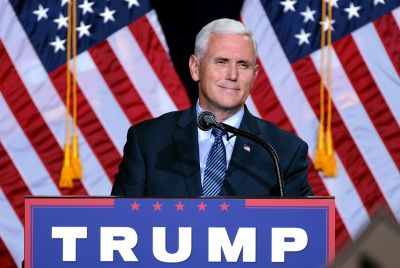Sarkozy in Senegal to push African aid agenda
Nicolas Sarkozy arrived in Senegal on Thursday on his first visit as president to sub-Saharan Africa to underscore France's ties with ex-colonies and promote the diplomatic priority of African development.
His African tour started with fanfare on Wednesday when he signed defense and nuclear power deals with Libya as he and his wife Cecilia grabbed the spotlight surrounding Tripoli's release of six foreign medics convicted of starting an HIV epidemic.
Since his election in May, Sarkozy has put himself front and centre on the world stage, going to Brussels in person to defend his finance policy at a meeting of EU ministers, dispatching his wife to Libya and promising a break with the past.
But in private, diplomats have raised eyebrows at Sarkozy's decision to go on from Senegal to oil-producing Gabon to meet the continent's longest-serving president, Omar Bongo, a symbol of a generation of African leaders reluctant to quit power.
In Senegal, sub-Saharan Africa's top recipient of bilateral aid from Paris, Sarkozy is due to sign agreements on investment promotion and two French Development Agency (AFD) projects.
He is also expected to speak at Dakar's university, which will allow him to set out his views on African development, described by a spokesman as one of his diplomatic priorities.
In an interview published by Senegalese daily Le Soleil, Sarkozy said it was preferable that development aid be guided by rules that guarantee the effectiveness of public money with clear commitments on both sides and proper account keeping.
His public appearance at the university may also expose him to popular unease over his policy of selective immigration.
Sarkozy visited Senegal 10 months ago as Jacques Chirac's interior minister and signed a deal with Wade's government on joint management of migratory flows between the two countries.
Thousands of young Senegalese have risked death to cross the hundreds of miles (km) to Spain's Canary Islands in open fishing boats in the hope of work and a better life in Europe.
OPPOSITION
Senegal President Abdoulaye Wade will host Sarkozy's 24-hour trip, but the French president is also due to meet opponents who accuse Wade and his ruling Democratic Party of fraud in his February re-election and boycotted parliamentary polls in June.
If you look at Africa you can't class Senegal as a bad pupil. Sure, the parliamentary elections pose a problem, but it would be difficult for me not to come to Senegal, Sarkozy said late on Wednesday.
Senegal and Gabon are two of Paris's closest allies, hosting nearly 2,000 of the 11,000 troops France has based in Africa.
France has used its forces in Africa over the years to protect its allies from invasion and rebel insurgency, most recently in Gabon's near-neighbor Central African Republic, where France used planes and special forces to dislodge rebels who invaded over the border from Sudan's war-torn Darfur region.
In an interview with another Senegalese daily, Walfadjri, Sarkozy said the role and possibly the legal status of France's various forces in Africa may need to be clarified.
Senegal renegotiated its 1960 accord in 1974. Other countries have not done so, even though their agreements include outmoded and anachronistic clauses like access to raw materials or common command structures, he said.
I also think it is necessary to make reciprocal rights and obligations as transparent as possible in these accords.
© Copyright Thomson Reuters 2024. All rights reserved.





















